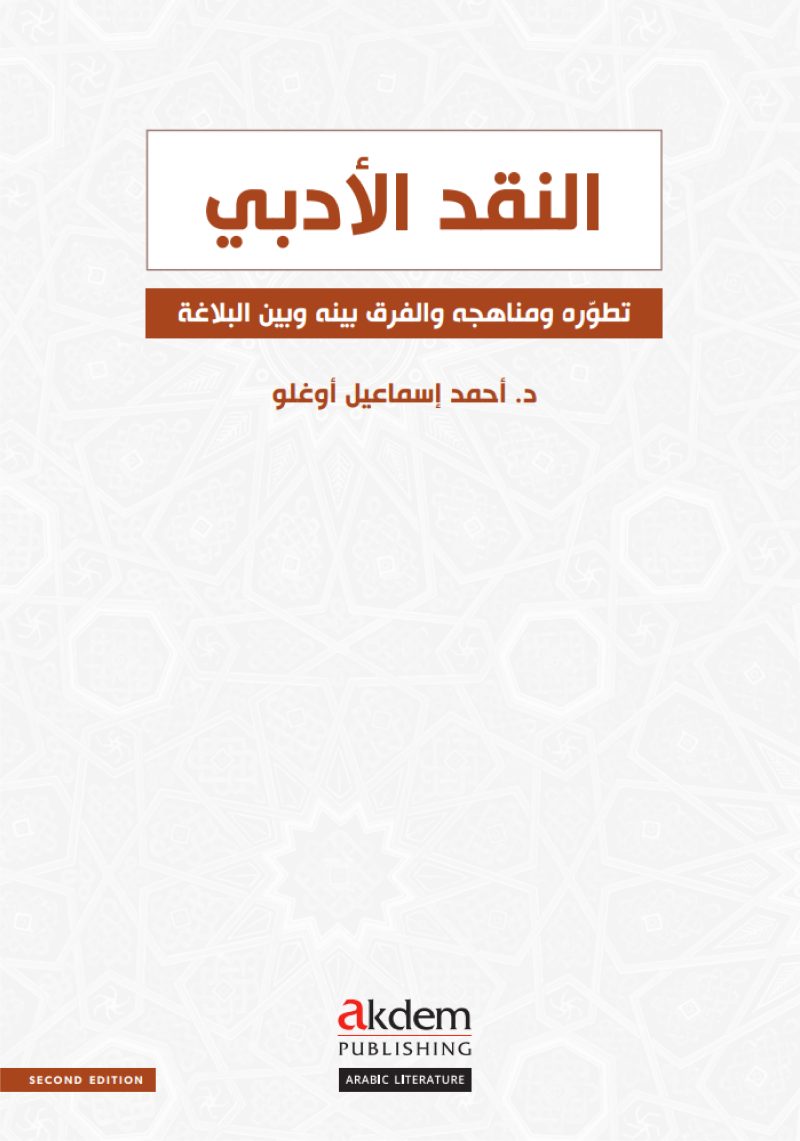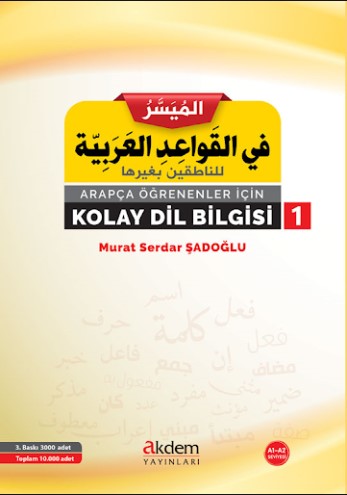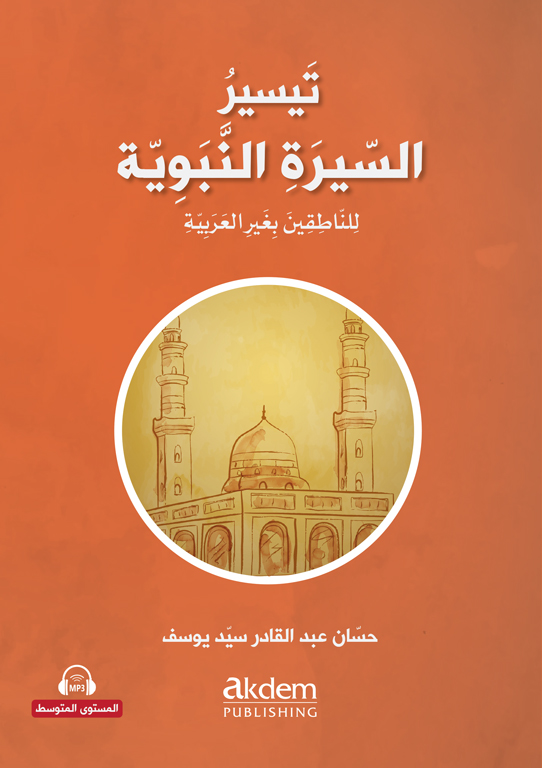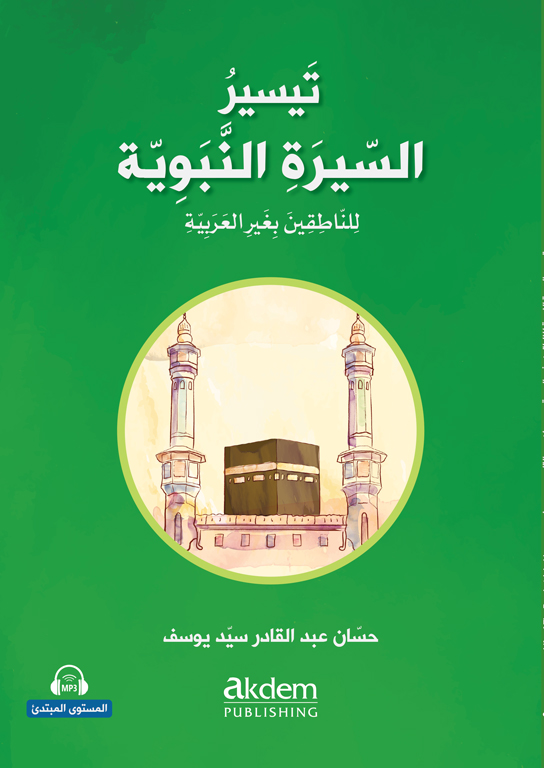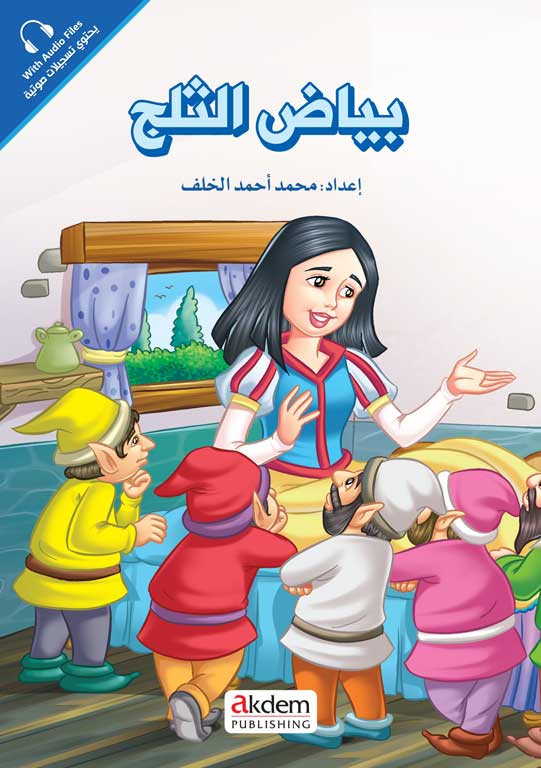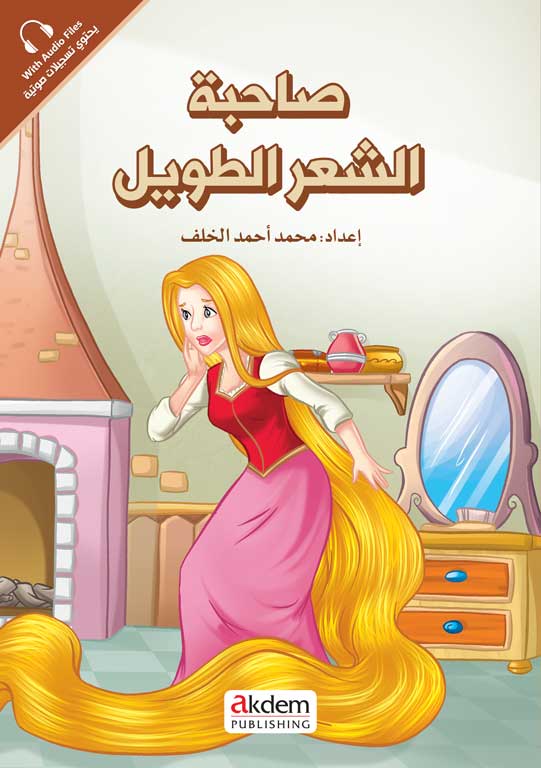It is a valuable contribution to Arabic literary scholarship in general, and to the field of literary criticism in particular. The book distinguishes critical reasoning from emotional influence and discusses, through examples from rhetorical criticism, the fundamental differences between the critical approach and rhetoric.
Furthermore, it explores the development of literary criticism during the Abbasid period, examining how the era’s understanding of civilization and its cultural environment influenced literary and critical works.
Finally, the book analyzes the factors that shaped modern critical approaches — highlighting both their strengths and shortcomings — and delves into secondary critical issues that arose amid the “literary disputes” among the founders of modern literary schools and movements.

